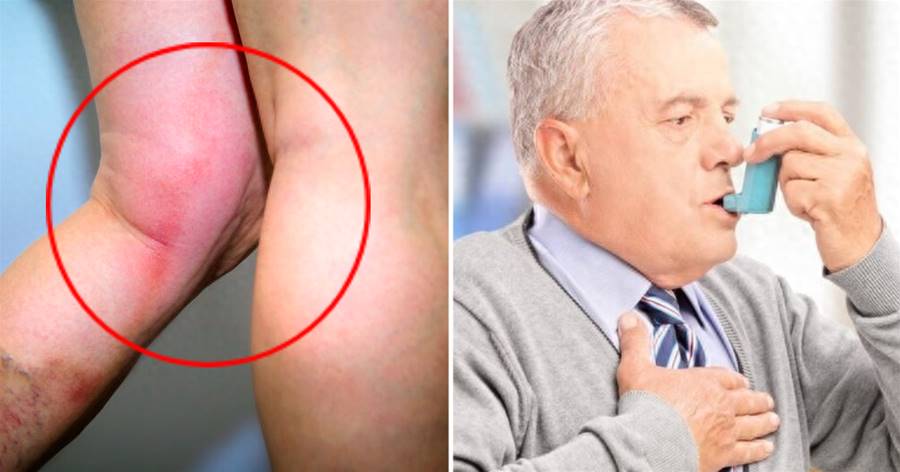
1. Introduction: Mr. Liu, a 68-year-old man who loves playing mahjong, developed symptoms of leg pain and swelling after playing for 6 hours. Later diagnosed with deep vein thrombosis (DVT) complicated by pulmonary embolism (PE), he underwent a thrombus aspiration surgery. The doctor explained that his condition was caused by prolonged sitting during mahjong games, which can lead to the formation of blood clots.
Mr. Liu has since refrained from playing for long periods of time.

2. Types of Blood Clots: Blood clots can occur in different locations in the body and have varying risks. They can be categorized as arterial, venous, or cardiac blood clots. Arterial blood clots often occur in the heart and can lead to coronary heart disease and heart attacks.
Venous blood clots commonly occur in the legs and can lead to DVT and pulmonary embolism. Cardiac blood clots are associated with atrial fibrillation and can cause strokes.
3. Signs of Blood Clots: Blood clots can occur in any part of the body, including the limbs. Signs of blood clots include leg swelling, numbness in the limbs, unilateral arm or leg pain, and the appearance of marks or discoloration on the skin.

4. Aspirin and Blood Clots: Aspirin is not effective in softening blood vessels, contrary to popular belief. It is commonly used to prevent blood clot formation in patients with cardiovascular diseases. However, aspirin is not suitable for everyone and should be taken only under medical advice.

5. Prevention: To prevent blood clots, it is important to stay active, control hypertension, diabetes, and high cholesterol, maintain a healthy weight, and follow a balanced diet with low-fat and low-calorie foods. Blood clots pose a significant threat to health, and it is crucial to be aware of the signs and take preventive measures.



















